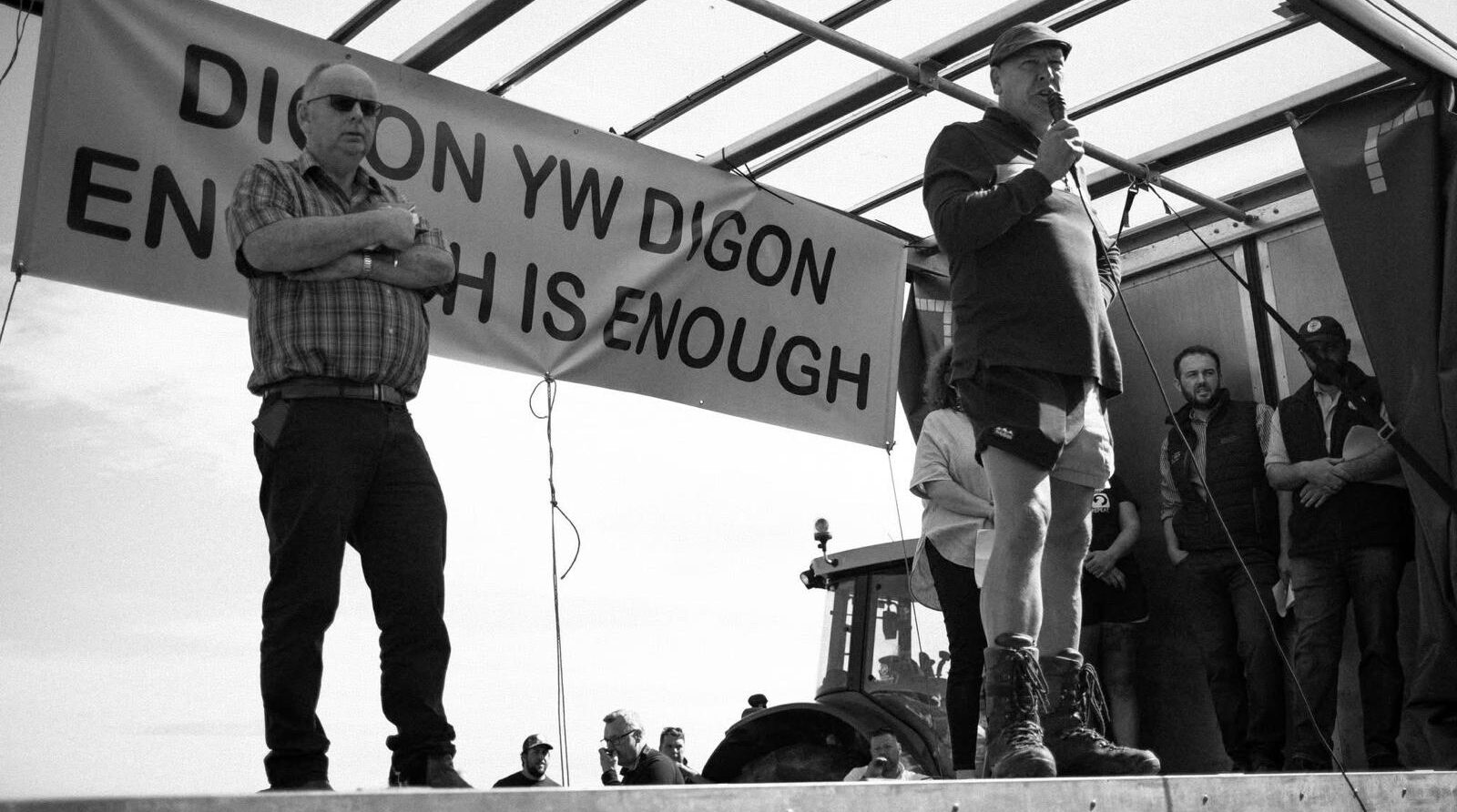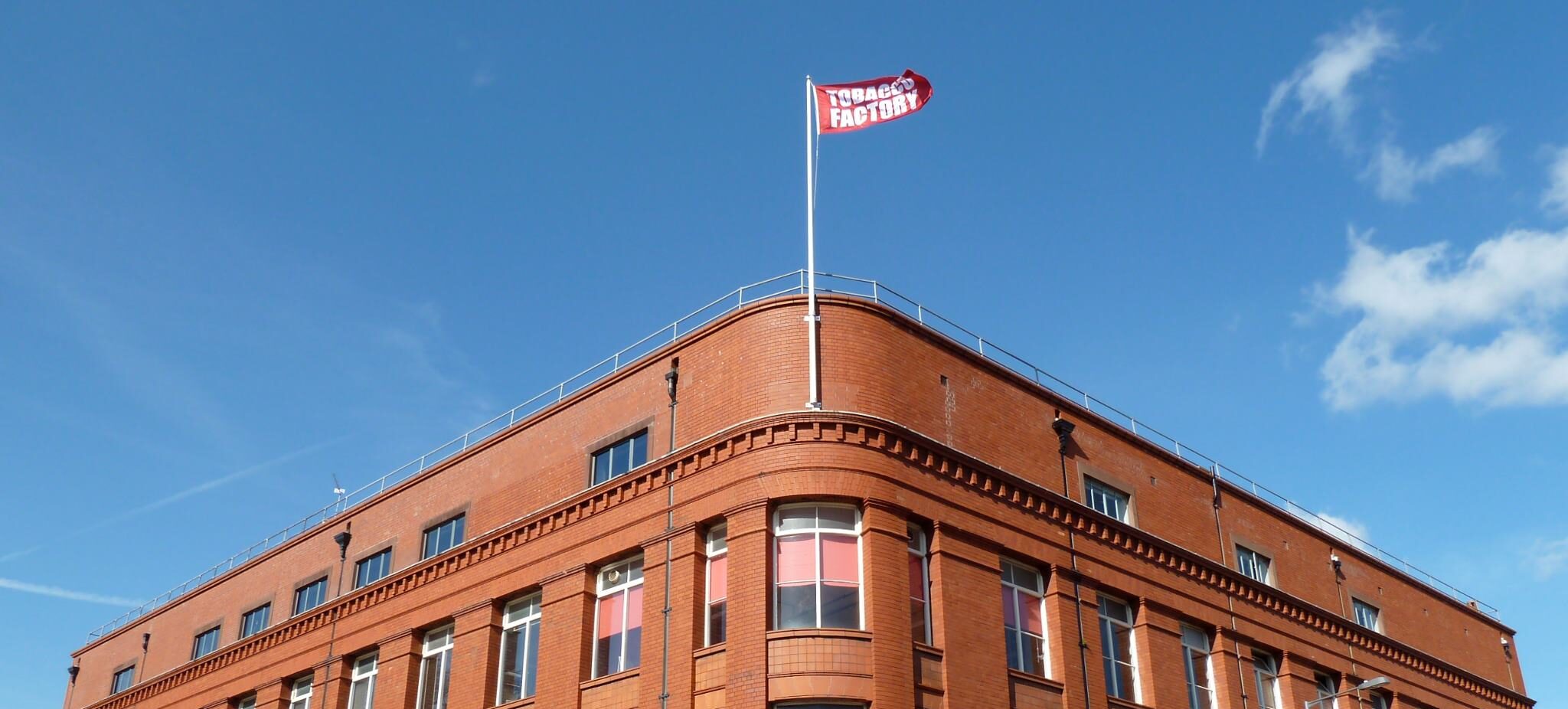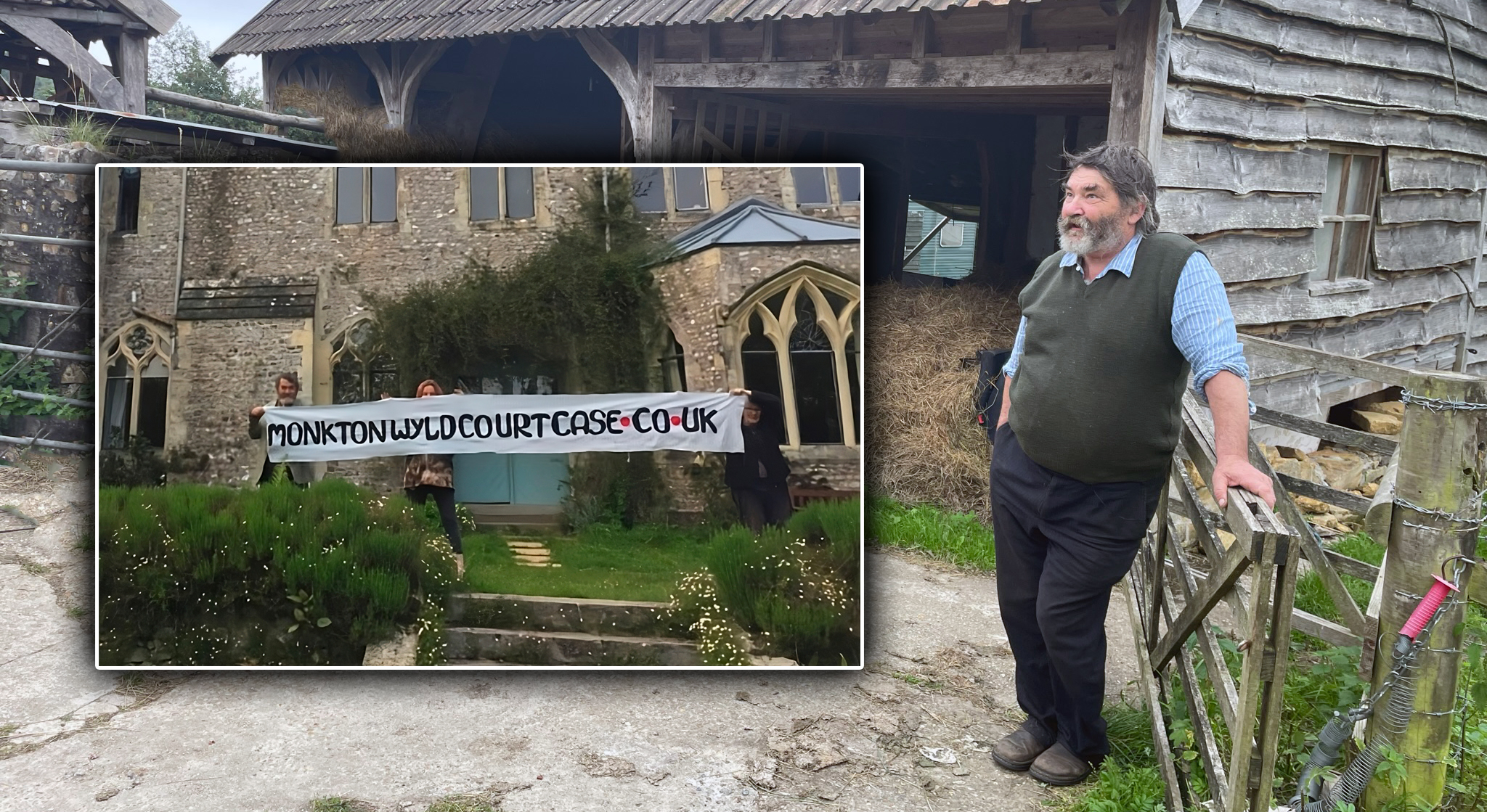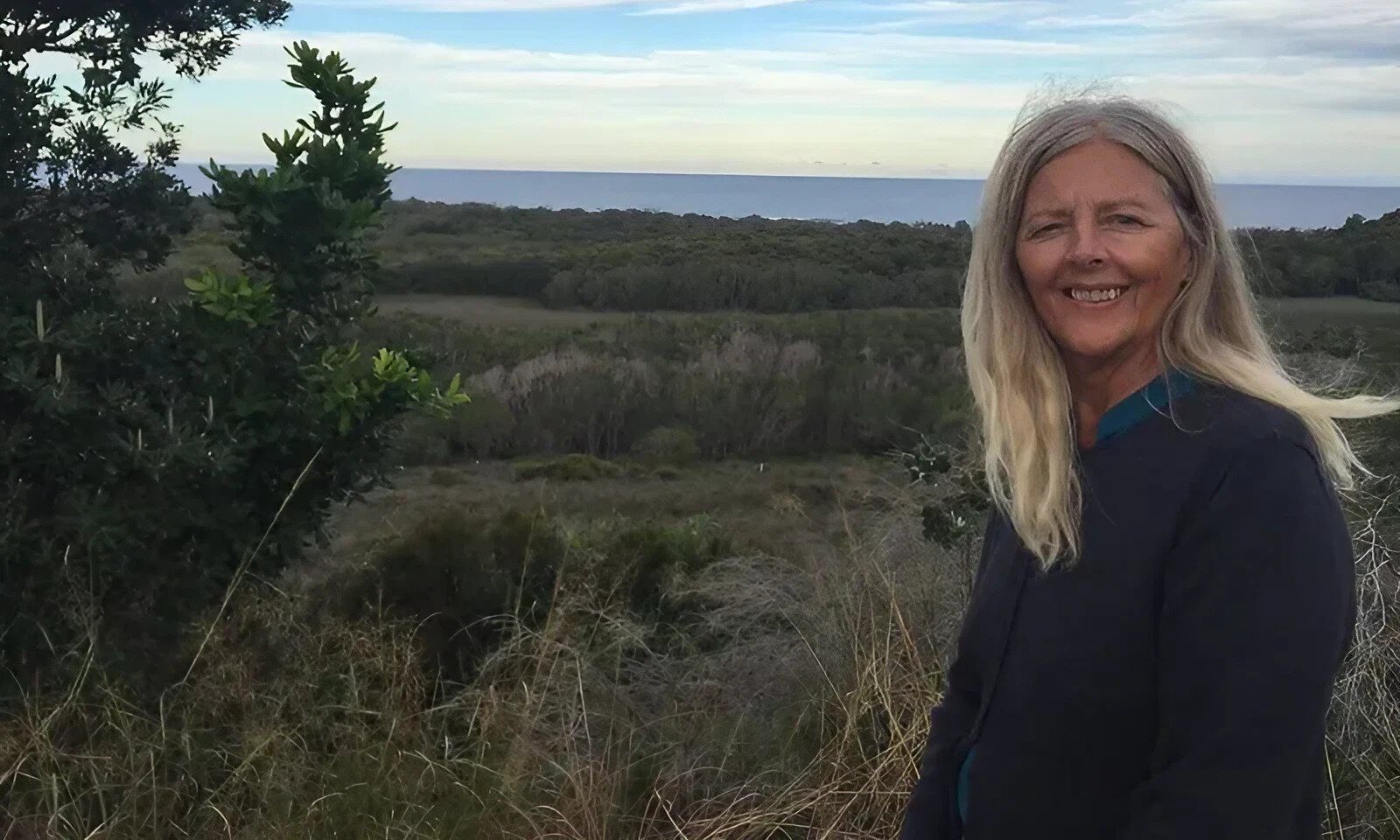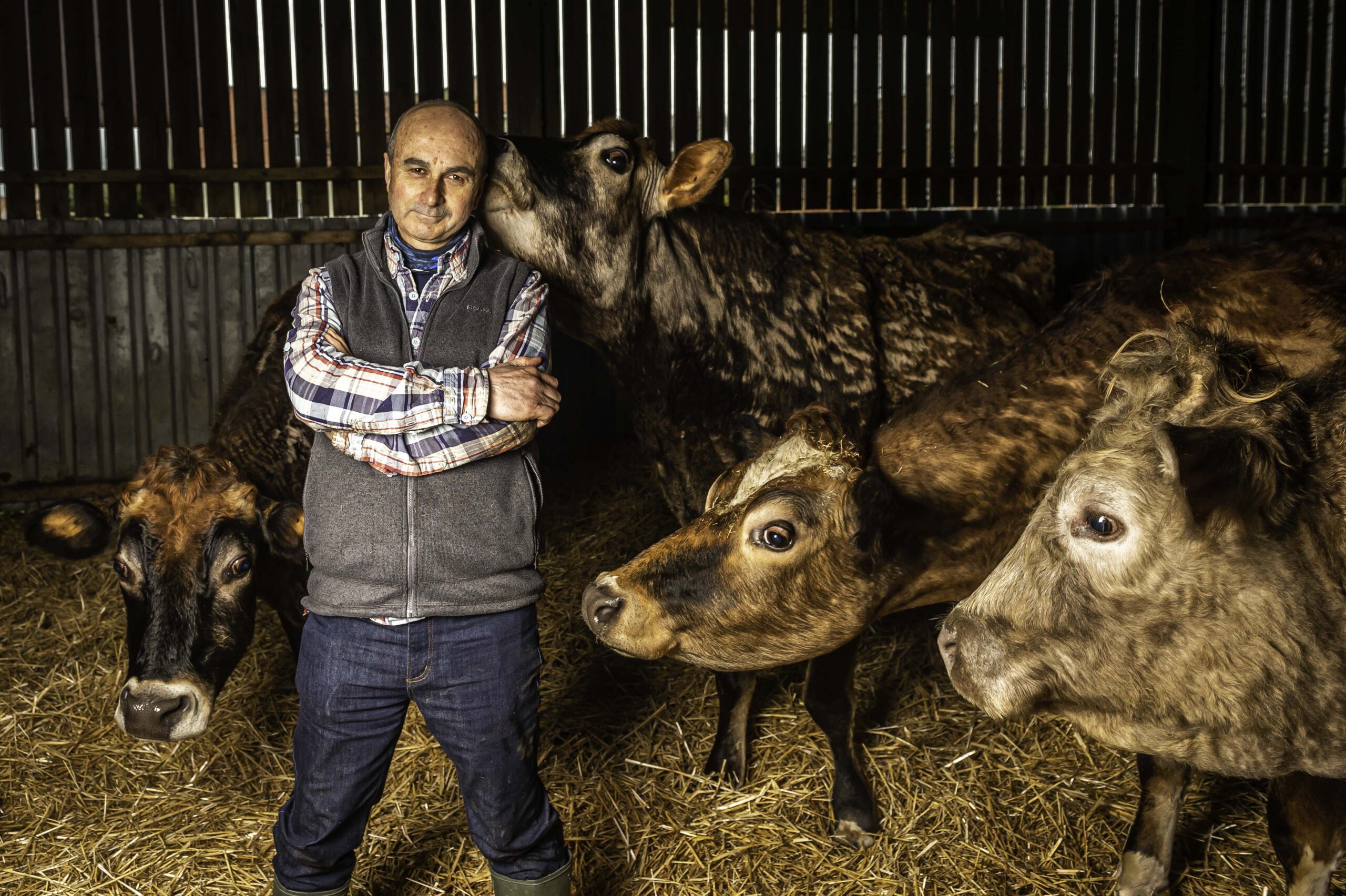Gareth is a Welsh sheep and cattle hill farmer, TV presenter, social media star, and father of three. He has lived all his life at his family farm Tyn Llwyfan on the hill above Llanfairfechan looking out to sea and backing onto the Carneddau Mountains in North-West Wales. His family have farmed the land for over 375 years, raising cattle and sheep and nurturing grassland for grazing and winter forage crops. From early childhood he helped his father with the everyday work on the farm, looking after the cattle and sheep, repairing stone walls, maintaining machinery, and was inspired to take over the farm as generations of his ancestors had done before him.
Gareth is a Welsh sheep and cattle hill farmer, TV presenter, social media star, and father of three. He has lived all his life at his family farm Tyn Llwyfan on the hill above Llanfairfechan looking out to sea and backing onto the Carneddau Mountains in North-West Wales. His family have farmed the land for over 375 years, raising cattle and sheep and nurturing grassland for grazing and winter forage crops. From early childhood he helped his father with the everyday work on the farm, looking after the cattle and sheep, repairing stone walls, maintaining machinery, and was inspired to take over the farm as generations of his ancestors had done before him.
He is chairman of the Carneddau Pony Society that looks after the semi-feral ponies, a rare native breed that have been roaming the Carneddau range since Celtic times.
“There’s 220 breeding mares left in the world and they’re here on the mountain. We manage them, we bring them in once a year, but they don’t get any antibiotics, they don’t get any wormer, so it’s survival of the fittest. But what we didn’t understand was these ponies graze a little bit differently to the sheep. The muck falls to the ground and draws in the invertebra, all types of different insects will be in that dung, breaking it down. The chough and other birds, they absolutely love it and that’s why their population has multiplied here in this area. And that just shows how fragile the natural cycle that those ponies are helping.”
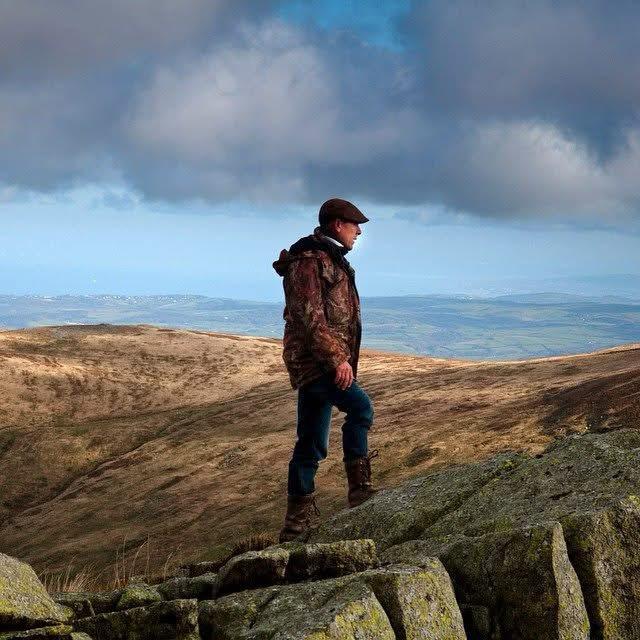
In 2006, Gareth and 22 neighbouring sheep farmers in the Carneddau mountains set up the first ever grazing society in the UK with support from the Snowdonia National Park, the EU and the Countryside Council for Wales. The idea was to conserve the upland moor by keeping sheep off the hill for a season to give the wild grasses a chance to recover.
“I would welcome Welsh Government ministers to visit to see how the habitats have changed for the better and how we manage different areas, deciding there’s not enough grazing here or just a few too many sheep there.”
To further extend habitat improvements, the grazing society funds the control of foxes on the mountain, which has led to an increase in hares and rare ground-nesting birds such as curlew and black grouse. Gareth says that believes that for future agri-environment schemes to work farmers must be compensated for loss of income, and that the policy takes into account that every farm is different.
“There’s a lot of pressure from environmentalists to stop livestock farming and I think it’s wrong. Cattle are a priority for our soil health and fertility as well as giving us top quality protein and from sheep we get a bonus in wool, which we should be making much more use of.”
Gareth’s YouTube videos are widely viewed and he has 2.1 million followers on the channel. He has become a leading voice in the campaigns No Farmers No Food and for Farmers to Action which have been prominent in the farmers’ rallies in London last winter, and Digon yw Digon (Enough is Enough) which was behind the Welsh farmer protests that managed to get the Welsh Senedd to U-turn on subsidy policies that would have penalised farmers with NetZero targets to reduce livestock.
On 11 December chanting ‘No Farmers No Food’ thousands of farmers and their supporters carried out a massive protest blocking Whitehall with hundreds of tractors and making speeches from a podium opposite Downing Street. The protest was mainly directed against the new Inheritance tax on family farms that will impose a 20% tax on farms whose land, livestock and equipment is worth over £1 million from April 2026, forcing the closure and sale of thousands of family farms which will then be bought up by agri-corporations and hedge funds.
“Look at this beautiful environment I’ve got behind me, we protect that as well, that’s what we do. My family’s been on this land for 375 years, and it’s heartbreaking. My father had his 89th birthday on Tuesday and he’ll be lucky if he lives seven years. He said to me, maybe I’ll be lucky and I’ll die before April, before it comes in. This isn’t right to put pressure on family farms like this, we want to get on with our job.”
Now there are rumours that the government ‘might re-consider’ the details of the tax hike, perhaps by raising the threshold to £5m per person, but for many farms the damage has already been done with many farms already sold because the tax would make them unviable. The December rally was followed by further huge demonstrations on 10 February and 4 March with ever-increasing numbers of farmers driving their tractors to Whitehall to protest. The farmers were also demonstrating against unfair practices by supermarkets such as cancelling orders with short notice and routinely delaying payments for produce already supplied. Another grievance is the signing of global trade deals meaning UK farmers are unable to compete with cheap imports produced to standards that are illegal in the UK.
Then on 11 March 2025 the government suddenly announced without notice that they would no longer accept applications for payments under the SFI Environmental Land Management Scheme that pays farmers for providing public goods such as habitats for wildlife and carbon capture by planting trees. For UK family farmers this was the final blow in a concerted assault on farmers by the Davos-obsessed, global trade-addicted Starmer government. For Gareth and other family farmers across the country this means their skills acquired over generations will be lost and their farms replaced by industrialised agri-chemical monocultures, exactly the opposite of what the government claimed it wanted from the SFI schemes that were only open for a few years before being suddenly withdrawn.
“There’s less young people coming into the job. There’s less people who have an understanding, because you cannot farm this land without being part of it. You have to have an understanding, you have to have the knowledge, and that comes from hundreds of years that’s passed down. And we need to have an understanding of how we can bring the next generation onto this land, making sure they have a fair price for what they’re producing and they’re having a fair price for protecting these habitats and watching after them.
“So I think it’s really important for everybody to start to ask questions of themselves, and look to where their food comes from. I think a good way is you can go online, find local butchers, find local greengrocers. We have to look at ways where we can change things. We’ve got the Internet, we’ve got social media, and we have to work together to find ways that we can have food hubs. We farmers still go out every single day to make sure that there’s affordable nutrition, good food out there to feed our nation going forward, so follow a farmer, let’s start a farming food revolution and build a better Britain on our bellies.”
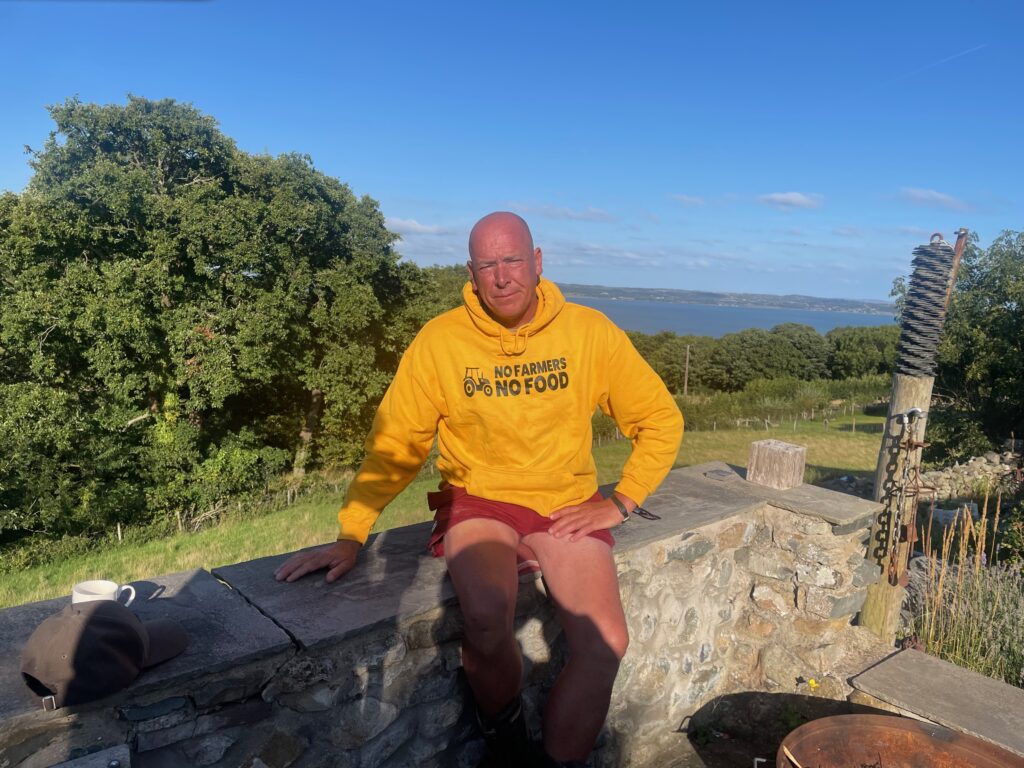
Share This Article
Related ArticlesView All
The Great & The Good: George Ferguson
George Ferguson’s life and works are fuelled by boundless energy, exuberant creativity, optimism and a high regard for people and… Read More
The Great & The Good: Jerome Flynn
Game of Thrones star Jerome Flynn, and Farms Not Factories founder Tracy Worcester explore the profound bond between farmers, their… Read More
The Great & The Good: Patrick Holden
Post Retweet Patrick and Becky Holden run a 300-acre organic dairy farm in West Wales where the milk from ninety… Read More
Simon Fairlie: Monkton Wyld Court
2m Short Version 11m Full Version GOING TO SEED The story of Simon Fairlie’s life as a rebel guru began… Read More
The Great & The Good: Helena Norberg-Hodge
Helena Norberg-Hodge, linguist, author and filmmaker, is the founder and director of Local Futures, previously known as the International Society… Read More
The Great & The Good: Philip Lymbery
Compassion in World Farming Global CEO, Philip Lymbery, filmed this video for our ‘The Great & The Good‘ series. Sows… Read More
